
Mariam Kamara, the founder of Niger architecture and research practice Atelier Masōmī, was recently named a 2019 laureate of the Prince Claus Award. The yearly awards are presented to individuals, organizations, and groups for their outstanding achievements and positive impact in the field of culture and development. Last year, David Adjaye selected Kamara as the 2018-19 architecture protegée in the prestigious Rolex Arts Initiative.
The selection process for the Prince Claus Awards is a rigorous one. For this year's edition, 241 people were formally invited to make nominations. Out of the 105 nominations received and researched by the Bureau, the Prince Claus Awards Committee met last December and formed a shortlist of 34 candidates. This past May, the Awards Committee conducted in-depth assessments of the shortlisted candidates. Their recommendations were presented to the Board of the Prince Claus Fund in June.
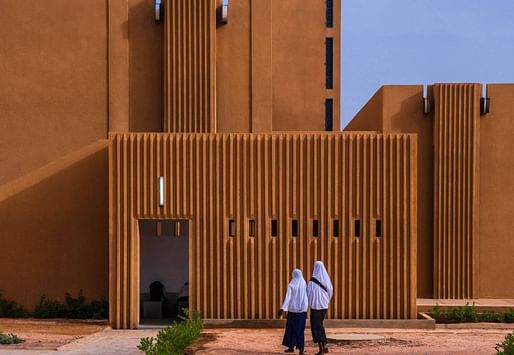
Born in Niamey in 1979, Kamara sees architecture as a means to serve communities and improve lives. With a seven-year career in IT and a master's degree in Computer Science, she switched to architecture and pursued an M.Arch at the University of Washington. In 2013, she co-founded the collaborative project team united4design and then, upon her return to Niger, established Atelier Masōmī in 2014.
Using her talent of observing and connecting with communities, Kamara's architectural work is strongly rooted in local context and focuses on responding to people's real needs and aspirations. She works closely with local engineers, masons, and craftspeople to adapt local building methods and materials — like compressed earth bricks (CEBs) — and she incorporates sustainable design solutions that work with local climate conditions.
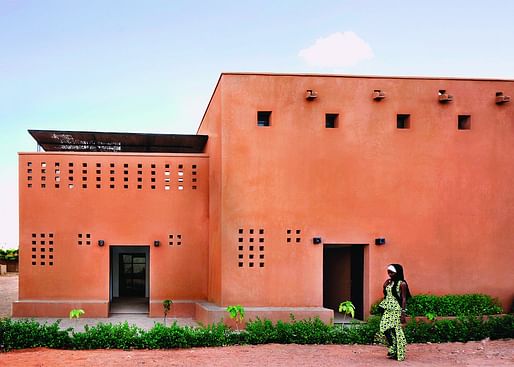
Her first built project with united4design was the Niamey 2000 housing complex, completed in 2016. Designed for Niamey's expanding population, the project draws inspiration from pre-colonial traditions and comprises of compact 2- and 3-story homes that offer both communal areas and private spaces.
Several of Kamara’s projects, like the Hikma Religious and Secular Complex (2018), engage with gender and secular issues in Niger’s Muslim society. She also created an urban spatial typology called “mobile loitering” that allows women to move more freely in the city like men. By inserting covered shelters in unclaimed spaces along routes to schools, the market, offices, and shops, women can openly meet while avoid societal criticism because they appear to be on their way to carry out necessary tasks.
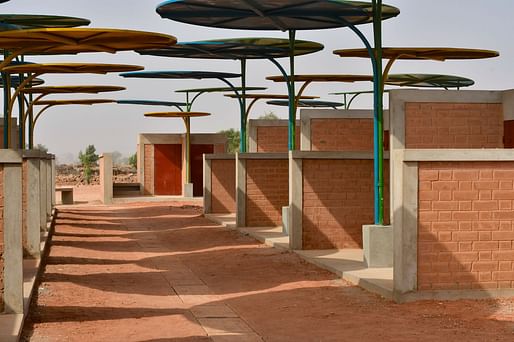
A few of Kamara's upcoming projects include Niger’s first multi-story CEB building and a public promenade that “boldly injects a contemporary interpretation of traditional rural grain stores into an urban milieu”.
In their report, the Awards Committee praised Kamara for multiple reasons, including her “innovative spatial and material solutions that balance local requirements and cultural values with responsible economic, social and environmentally sustainable design principles”; her “significant contribution to contemporary thinking about modernity in Africa”; and her thoughtful investigations related to gender issues in a context where women have limited access to public spaces.
Kamara, along with the other 2019 laureates, will be presented with their awards during a ceremony at the Royal Palace in Amsterdam in December.

Peja Culture Pavilion
Register by Wed, Dec 11, 2024
Submit by Tue, Jan 28, 2025
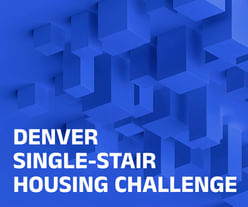
Denver Single-Stair Housing Challenge
Register by Thu, Dec 12, 2024
Submit by Thu, Jan 23, 2025
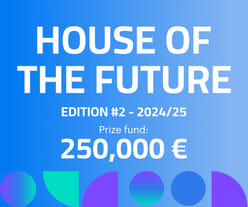
250,000 € Prize / HOUSE OF THE FUTURE 2024/25
Register by Wed, Apr 30, 2025
Submit by Mon, Jun 2, 2025

MICROHOME Kingspan 2024/25
Register by Thu, Dec 5, 2024
Submit by Tue, Mar 18, 2025
No Comments